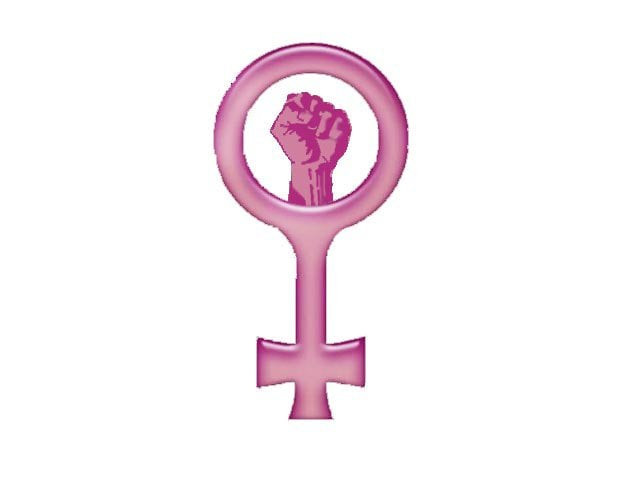How do rich countries feel about women in power? New index finds out
United Nations has made women’s equal participation in politics by 2030 one of its global development goals

PHOTO: FILE
Britain scored top in supporting women in politics and business with 72 out of 100 points, closely followed by France and Canada, the Women Political Leaders Global Forum found, while Germany and Italy were worst, with 59 and 57 points.
“There is still so much to do in getting society to look at the individual abilities of a person, no matter which gender,” said Silvana Koch-Mehrin, a German ex-parliamentarian who founded the network of female politicians behind the survey.
The United Nations has made women’s equal participation in politics by 2030 one of its global development goals, and it says more women in leadership also drives economic growth.
The Pakistani woman who helped shape the human rights charter
In 2017, there were 32 women leading Fortune 500 companies - an all-time high, according to the US-based Pew Research Centre, and only about one in four lawmakers are female, Inter-Parliamentary Union data shows.
Germany had the greatest difference between the sexes in the world’s seven richest countries, with men less comfortable with female leaders, researchers found after quizzing some 10,000 people aged between 15 and 65 how they felt about women leaders.
Angela Merkel, 64, has dominated German and European politics since she became chancellor in 2005, and is one of the longest-serving leaders of a major country. She announced last month that she will not seek re-election in 2021.
The new index was launched at the Women Leaders Global Forum, where over 400 women political leaders gathered in Reykjavik in Iceland, the first country to make it illegal to pay men more than women.
UN Women report shows worrying degree of gender inequality in Pakistan
While there is no proof that women leaders do more to advance women’s rights than men, experts say they can boost the profile of often-overlooked issues, such as violence against women and the gender pay gap.
“Our explicit goal was for a world in which an index of 100 is the norm. We believe in a world where men and women have an equal opportunity to lead,” said Michelle Harrison, head of research company Kantar Public, which conducted the survey.
“But what we understand is that there are proportions of people across the G7 who are not very comfortable with it,” Harrison told the Thomson Reuters Foundation.



















COMMENTS
Comments are moderated and generally will be posted if they are on-topic and not abusive.
For more information, please see our Comments FAQ